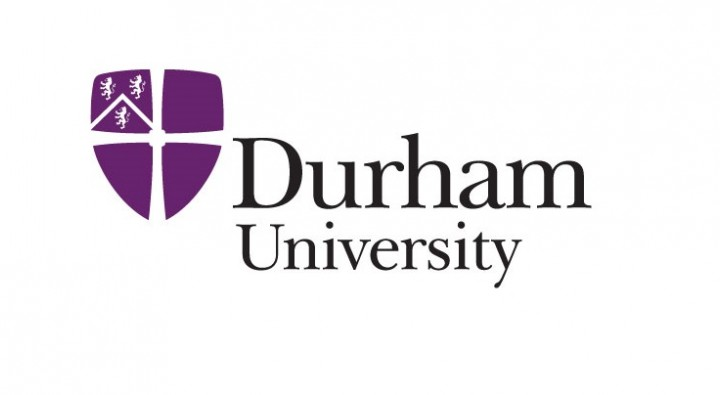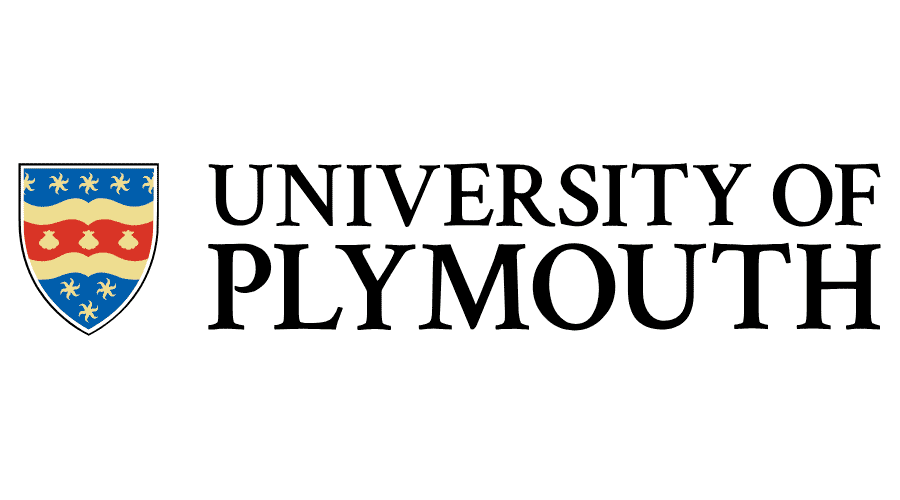Biosciences: Unlocking the Secrets of Life Abroad
Embark on a transformative journey in Biosciences, a dynamic field that explores the fundamental principles of life at molecular, cellular, and organismal levels. From groundbreaking research in genetics to innovative solutions in biotechnology, studying Biosciences abroad opens doors to world-class education and cutting-edge opportunities. For Indian students aspiring to make a global impact, pursuing Biosciences overseas combines rigorous academics with practical exposure, preparing you for a career in one of the fastest-growing scientific domains.
Why Choose Biosciences as Your Study Abroad Path?
Biosciences is more than just a subject—it's the backbone of modern medicine, agriculture, environmental conservation, and industry. With advancements like CRISPR gene editing and personalized medicine, the demand for skilled bioscientists is skyrocketing. Indian students, who often excel in STEM subjects, find Biosciences particularly appealing due to its blend of theory and hands-on lab work.
- Interdisciplinary Nature: Integrates biology, chemistry, physics, and even computer science for bioinformatics.
- Global Relevance: Addresses pressing issues like climate change, pandemics, and food security, aligning with India's own challenges and opportunities.
- Career Versatility: Leads to roles in research, pharmaceuticals, healthcare, and academia.
Studying abroad enhances your profile with international accreditation, state-of-the-art facilities, and networking with global experts—advantages that can set you apart in India's competitive job market upon return.
Top Destinations for Biosciences Studies
Choosing the right country can amplify your educational experience. Here's a breakdown of popular destinations tailored for Indian students:
| Country | Key Universities | Why Ideal for Indians? | Average Tuition (per year, INR) |
|---|---|---|---|
| USA | Harvard University, MIT, Stanford | Top-ranked programs, vast research funding, optional practical training (OPT) for work experience. | 25-40 lakhs |
| UK | University of Oxford, Cambridge, Imperial College London | Short 3-year UG and 1-year PG courses, strong emphasis on research, post-study work visa up to 2 years. | 20-35 lakhs |
| Canada | University of Toronto, UBC, McGill | Affordable fees, multicultural environment, post-graduation work permit (PGWP) for up to 3 years. | 15-25 lakhs |
| Australia | University of Melbourne, Sydney, ANU | Focus on practical skills, scholarships for international students, post-study work rights for 2-4 years. | 18-30 lakhs |
| Germany | LMU Munich, Heidelberg University | Low or no tuition fees, English-taught programs, strong biotech industry ties. | 5-10 lakhs (mostly living costs) |
These countries offer a supportive ecosystem for Indian students, with vibrant Indian communities, halal food options, and proximity to home (shorter flights from India to the Middle East hubs).
Understanding the Biosciences Curriculum
Biosciences programs are structured to build a strong foundation before specializing. Undergraduate (UG) degrees typically span 3-4 years, while postgraduate (PG) options like MSc or PhD take 1-5 years.
Undergraduate Level (BSc in Biosciences)
Focuses on core concepts with flexibility for electives. Expect a mix of lectures, labs, and fieldwork.
- Core Modules: Cell Biology, Genetics, Microbiology, Biochemistry, Ecology.
- Practical Components: Lab techniques like PCR, microscopy, and data analysis using software like MATLAB.
- Electives: Options in Neuroscience, Biotechnology, or Environmental Biosciences.
A typical semester might include 4-5 courses, with assessments via exams (40%), coursework (30%), and projects (30%). Many programs incorporate industry placements for real-world exposure.
Postgraduate Level (MSc/PhD in Biosciences)
Delves deeper into research and specialization. Ideal for those aiming for academia or R&D roles.
- Advanced Coursework: Molecular Biology, Genomics, Immunology, Bioinformatics.
- Research Thesis: Original project under a supervisor, often published in journals.
- Specializations: Biomedical Sciences for healthcare focus; Plant Biosciences for agriculture; Marine Biosciences for ocean studies.
PG programs emphasize independent research, with access to facilities like electron microscopes and animal models—resources often limited in India.
Career Prospects in Biosciences
A degree in Biosciences abroad equips you for diverse, high-paying careers. The global biotech market is projected to reach $2.4 trillion by 2028, creating immense opportunities.
- Research Scientist: Work in labs developing vaccines or GM crops. Average salary: $80,000-$120,000 (USD) annually.
- Biotechnologist: Innovate in pharma giants like Pfizer or Indian firms like Biocon. Entry-level: $60,000+.
- Clinical Researcher: Trial new drugs; booming post-COVID. In India, salaries start at ₹8-15 lakhs.
- Environmental Consultant: Tackle sustainability; roles in NGOs or governments.
- Academia/Teaching: Pursue PhD for professorships; global demand high.
For Indian students, returning home offers roles in CSIR labs, ICMR, or startups in Bengaluru's biotech hub. Abroad, pathways like H-1B visas (USA) or Skilled Migration (Australia) ease permanent residency.
Admission Requirements for Indian Students
Gaining entry requires preparation, but it's achievable with strong academics.
- Academic Qualifications: For UG, 10+2 with PCB (Physics, Chemistry, Biology) at 70%+; for PG, Bachelor's in related field with 60%+ GPA.
- Standardized Tests: SAT/ACT for UG (USA); GRE for PG. IELTS/TOEFL: 6.5-7.0 bands for English proficiency.
- Documents: SOP (Statement of Purpose) highlighting your passion for Biosciences, LORs from teachers, resume with internships/volunteering.
- Deadlines: Apply 6-12 months in advance; fall intake (Sep) is popular.
Many universities offer conditional offers if you improve language scores. Bridge programs help with foundational gaps.
Scholarships and Financial Aid
Funding your dream shouldn't be a barrier. Indian students have access to generous scholarships.
- Country-Specific:
- USA: Fulbright-Nehru Scholarships (full coverage for PG).
- UK: Chevening Scholarships (tuition + stipend).
- Canada: Vanier Canada Graduate Scholarships (CAD 50,000/year).
- Australia: Australia Awards for Indians (full funding).
- University Grants: Merit-based like MIT's Graduate Fellowships or Oxford's Clarendon Fund.
- Indian Government Aid: ICCR Scholarships, JN Nehru Memorial Fund.
- Private Options: Inlaks Shivdasani Foundation, KC Mahindra Scholarships (up to ₹10 lakhs).
Budget wisely: Living costs range from ₹8-15 lakhs/year. Part-time jobs (20 hours/week) in labs or tutoring can offset expenses.
Tips for Indian Students Studying Biosciences Abroad
Transitioning to life abroad can be exciting yet challenging. Here's how to thrive:
- Visa Essentials: Secure F-1 (USA), Tier 4 (UK), or Study Permit (Canada). Prepare finances proof (₹10-20 lakhs bank balance).
- Cultural Adaptation: Join Indian student societies for festivals like Diwali. Embrace diverse foods while seeking vegetarian/halal options.
- Academic Success: Attend office hours, form study groups. Balance lab work with self-care to avoid burnout.
- Networking: Attend conferences like iGEM for synthetic biology. LinkedIn connections with alumni boost job hunts.
- Health and Safety: Get comprehensive insurance; stay updated on COVID protocols. Mental health resources are abundant on campuses.
Remember, studying Biosciences abroad isn't just about degrees—it's about becoming a global innovator. With determination, you can contribute to India's bio-economy, valued at $150 billion by 2025.
Ready to start? Explore our application guidance services and take the first step towards a brighter future in Biosciences.














